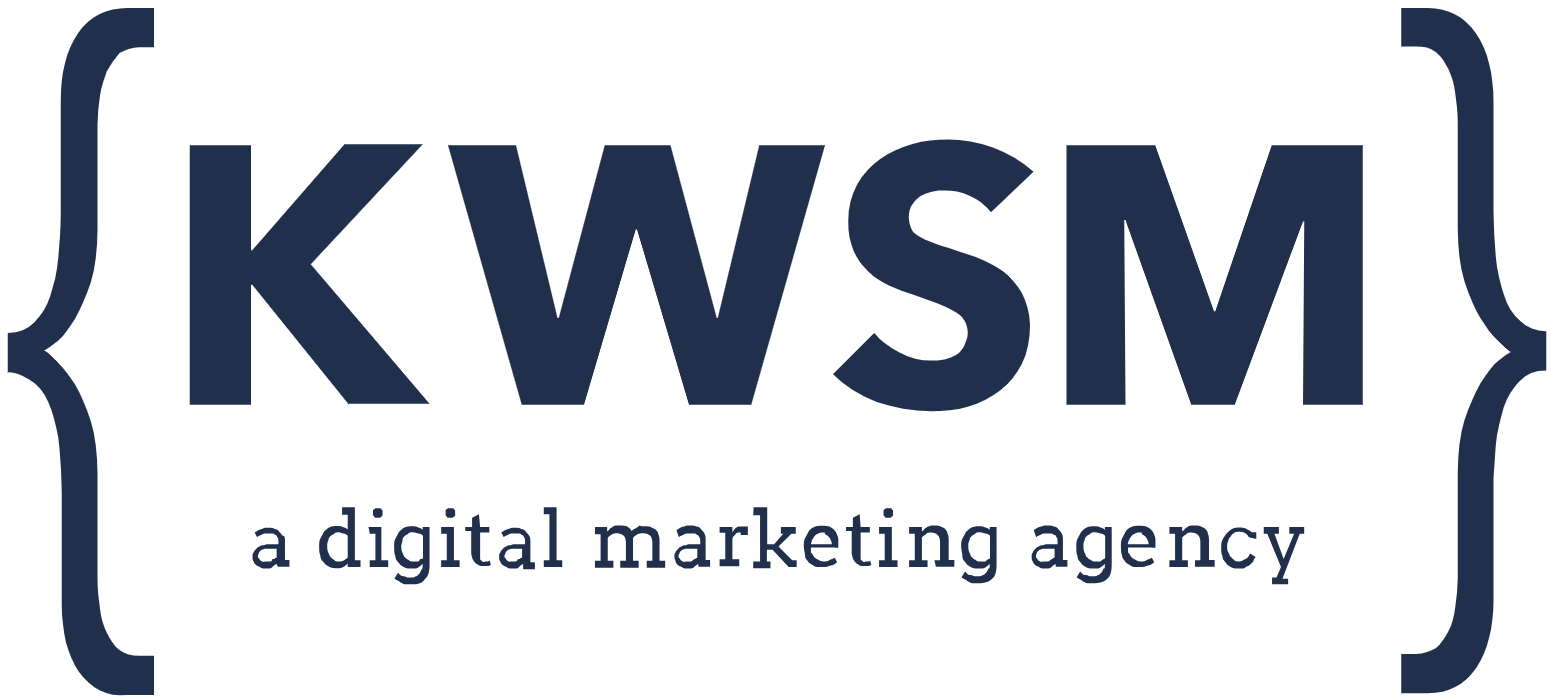For several months, I had the privilege of participating in the annual KWSM Leadership Program. In this program, I learned something invaluable as I continue to grow as a Copywriter: ownership and accountability are the fires in which leaders are forged. When covering the difference between taking ownership and accountability in leadership, we discussed the importance of understanding that being a leader does not require a formal title. Leaders are defined by their willingness to take extreme ownership of their tasks and hold themselves accountable to the organization, their peers, and the company culture.
Many people think these terms are synonymous, but that couldn’t be further from the truth. We’ll explore what distinguishes ownership from accountability in leadership in this blog.
What’s the Difference Between Taking Ownership and Accountability in Leadership?
Both of these principles are key to effective leadership. Taking ownership is internal; it’s about self-governance. Accountability is external. Learn more below.What Does Taking Ownership Look Like in Leadership?
We started by diving into ownership. The key differentiator is that ownership is about yourself. In many ways, ownership is the path to becoming a leader. Taking ownership is about your commitment and willingness to take initiative and own the outcomes with a deep sense of responsibility.
Others can foist accountability on you, but others do not assign ownership. You take it. Ownership is when someone steps up, decides to make something happen, lays out a plan of action, and takes responsibility for measuring progress.
Further, an important type of ownership called extreme ownership is at the heart of self-governance.
What is Extreme Ownership?
Extreme ownership is taking ownership of everything in your world to an extreme degree.
With extreme ownership, you are not just responsible for tasks you directly control. You are responsible for all tasks that impact whether or not you can successfully carry them out. As a copywriter, this is a reality I face every day, especially as I grow as a leader.
To produce quality work when writing blogs, for example, I need more than internet research can provide me. I need expert insights from clients so their blogs establish them as authorities and rank higher on Google search engine results pages (SERPs). As a budding leader in this company, I must take initiative.
Extreme ownership involves recognizing the problem, taking the initiative to resolve it, and proactively ensuring it won’t reoccur. I am responsible for writing high-quality content, and by extension, for every part of the process.
The biggest obstacle to taking extreme ownership is one’s ego. The first step to achieving extreme ownership requires an honest assessment of the state of work and processes and how you are, meaning you need to accept criticism and attack problems.
You must own your mistakes, recognize others’ successes, and proactively solve problems. Ultimately, this is why ownership and extreme ownership are essential to effective leadership.
“In a leadership position, others experience first-hand your approach to obstacles or challenges. How you tackle those instances paves the way for how others will do the same. There is a responsibility of influence and an opportunity for growth across an entire team when someone in a leadership role takes extreme ownership and, by extension, extreme accountability for their part.” – Taylor David, Director of Accounts, KWSM
What is Accountability in Leadership?
Accountability in leadership, on the other hand, is about others and follow-through. Accountable leaders accept responsibility and have a sense of duty, pride, and personal ownership of the people they oversee and work with.
Unlike ownership, accountability changes depending on the scope of responsibility. People who aren’t leaders often only feel accountable for themselves. But leaders are accountable to others, their organization, and their company culture.
Leadership does not have to be a formal position – anyone can be a leader. A greater sense of accountability is what distinguishes leaders from non-leaders.
Accountability starts at the top and requires consistently exhibiting clearly defined expectations to have an impact. The major benefits of leaders modeling accountability is that it promotes a positive, healthy company culture that:
- Eliminates the facade of perfectionism
- Builds trust among teams
- Creates a team that consistently meets marks of high performance
- Promotes open communication
- Increases engagement
- Turns mistakes into lessons learned
Accountability is the glue that keeps everyone working together toward a collective goal. Still, in leadership, ownership encompasses accountability. If you take ownership, you don’t necessarily need to take accountability, though you should still use it as a tool.
Join a Marketing Agency that Will Mold You into a Leader
The KWSM leadership program gave me the insights and tools I need to develop and grow as a leader, and I am a better Copywriter and person because of it. Out of everything we covered, taking ownership and exhibiting accountability in leadership were talking points that resonated with me the most because, in my opinion, these are the traits that build a strong foundation for effective leadership. Without extreme ownership or accountability, at best, your leadership is nothing but a house of cards.
If you are interested in joining a company dedicated to your continued professional growth, view open roles at KWSM!










